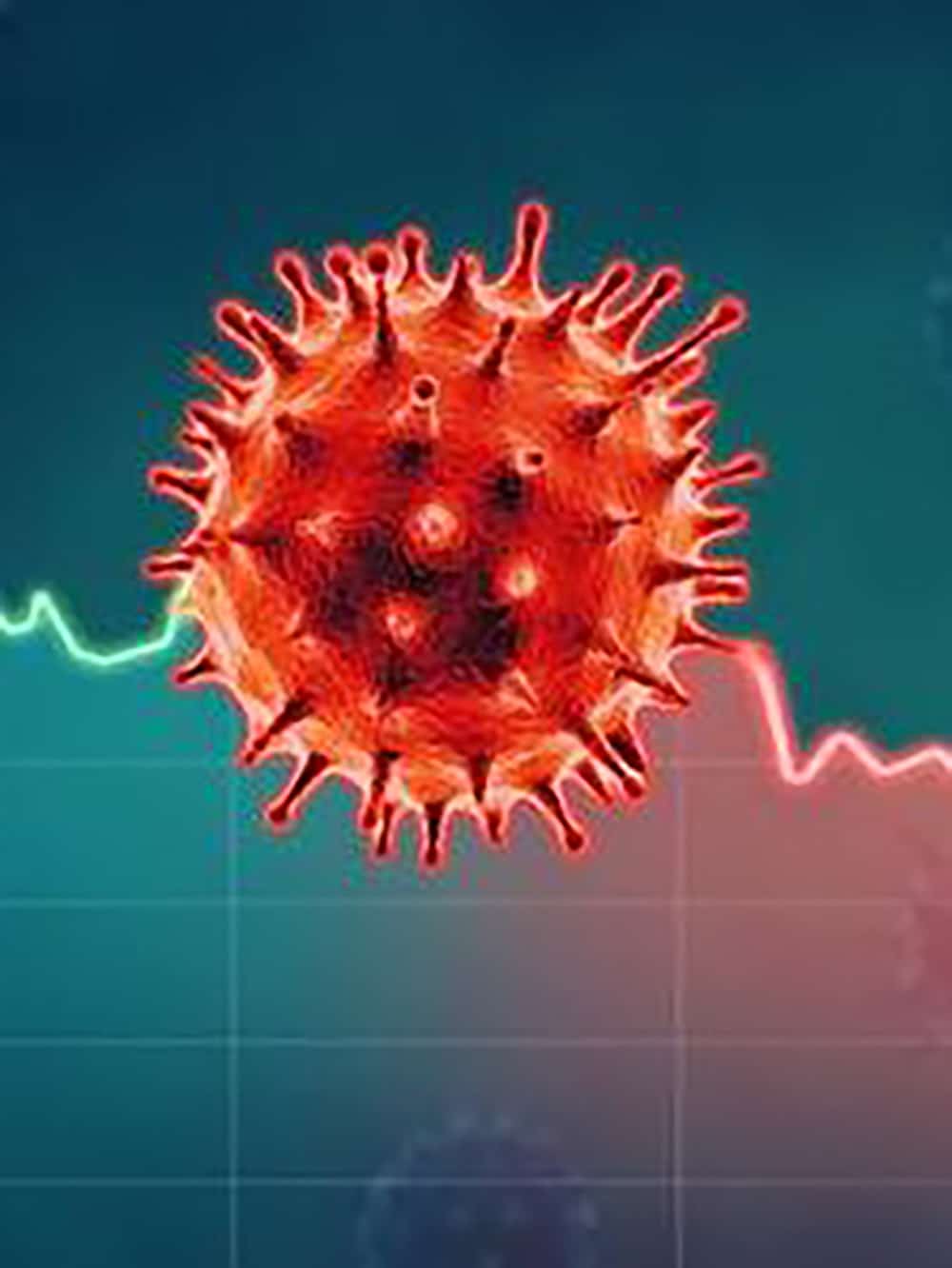COVID-19 Insights
The Latest COVID-19 Developments

Over the course of the pandemic, Private Health Management has drawn on our core strengths and relationships to provide clients with reliable, science-based information and services to fight the threat of COVID-19. Private Health is closely monitoring the development of COVID-19 virus to help our clients understand the latest announcements and make the best choices for the health and safety of their families.
What is the current state of the COVID-19 virus in the United States?
With COVID-19 cases in the United States approaching 25 million and rising, scientists and government administrations are continuously working towards accelerating vaccine development efforts and increasing distribution and administration rates. As of as of January 20, 2021, nearly 36 million doses of the vaccine have been distributed, and over 16 million people have received at least one dose. Measures to prepare large-scale sites, such as public venues, for mass vaccine administration are actively underway throughout the country.
What vaccines are on the horizon?
Johnson & Johnson is expected to file for Emergency Use Approval (EUA) with the Food and Drug Administration (FDA) for their vaccine candidate in late January/early February, and AstraZeneca is expected to follow shortly thereafter. Both vaccine candidates are viral vectors, which is a fundamentally different platform than that used by Pfizer/BioNTech and Moderna for their mRNA vaccines. However, viral vector-based vaccines are similar to mRNA vaccines in that the genetic code for the spike protein, which the virus uses to infect cells, is still delivered to cells. This enables the immune system to recognize the virus and attack it. It remains to be seen how the efficacy of the viral vector vaccines will compare to the mRNA vaccines. However, the viral vectors are more easily stored and transported, which will facilitate rural distribution initiatives. Notably, the Johnson & Johnson vaccine requires only one dose, which will decrease resource requirements to complete the vaccine regimen and may significantly increase the vaccination campaign overall.
Developments and Trials Continue

Do you have an update on the efficacy of the Pfizer and Moderna vaccines?
There have been no updates reported on the 94-95% efficacy of the mRNA vaccines from Pfizer and Moderna since their initial announcements. However, this high level of efficacy is quite remarkable, and it is important to highlight some key aspects of the results. First, 95% efficacy means that people who were vaccinated had 95% fewer symptomatic COVID-19 infections than those who were not. However, this does not mean that if you get vaccinated, you still have a 5% chance of developing symptomatic COVID. In fact, this number is 100 times lower: of the roughly 36,000 people who were vaccinated in the clinical trials, only 19 people, or approximately 0.05%, developed COVID-19. And of those, only 1 person developed severe COVID-19 disease. In contrast, in the control groups, 347 people, or approximately 1%, developed symptomatic COVID-19, and of those, 39 cases were severe.
What do we know about the new variants?
It is expected that a virus will change and mutate over time. This is consistent with typical virus behavior; new variants can emerge as the virus spreads. The variants become concerning when they acquire properties that give them an advantage, such as being able to replicate faster, infect more people, or evade an immune response. At this time in the COVID-19 pandemic, the variants coming out of the United Kingdom (B.1.1.7), South Africa (1.351), and Brazil (P.1) are the ones to keep an eye on, as they are able to spread between up to 70% more rapidly than the original virus, and some are starting to show signs of evading immune detection. However, the good news is that these variants do not appear to cause more severe illness or increase the risk of death in COVID-19 patients. Moreover, early testing data suggests that the current vaccines will likely still be effective against the new variants, though additional studies will be released in the coming weeks. Importantly, precautions such as social distancing, mask wearing, and washing hands are more important than ever to help curb the spread of these highly contagious variants.
How long does immunity last?
At this time, we do not know how long immunity lasts. The virus simply has not been around long enough for scientists to answer this question. However, early studies have shown that important components of the immune system that fight off the virus, such as neutralizing antibodies and memory T cells, are present for at least 8 months following natural infection and at least 4 months after mRNA vaccination. The strength and duration of an antibody response may depend on whether an infection led to a significant illness and/or a significant immune response, though other parts of the immune response have the capacity to last for long periods of time. Over time, we will gain a better understanding of how long immunity lasts after natural infection and vaccination.
What is the latest update on the distribution and roll out of the vaccines?
Unfortunately, vaccination rollout has not gone as smoothly as planned. While vaccine production has for the most part met projections, many factors have contributed to delays in distribution and administration. However, the new federal administration has laid out a comprehensive plan to improve vaccine distribution and administration, including seeking guidance from distinguished scientists, increasing monitoring of emerging variants to guide future vaccine development, increasing funding, invoking Defense Production Act to facilitate manufacturing, and working closely with state and local governments to support distribution and set up mass vaccination sites. Additionally, more vaccines are nearing completion of their clinical trials and will likely be authorized in the coming months, which will help increase vaccine availability.
